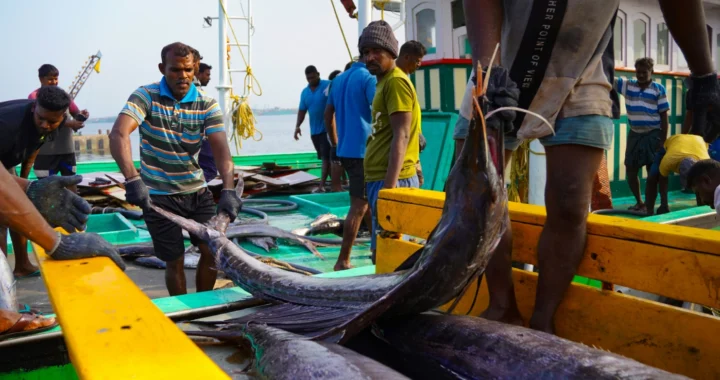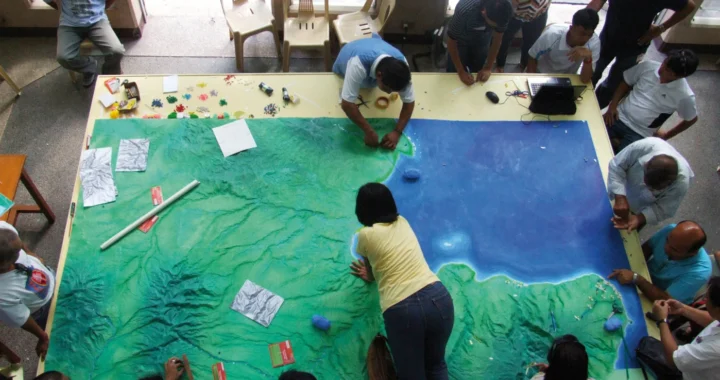Improving Access to Eyeglasses for All

Photo: chiến bá on Pexels.
The ability to see is arguably one of the greatest gifts in life. Clear vision can help us so much in our daily endeavors, from supporting education and learning to increasing productivity at work. Therefore, improving access to eyeglasses is vital.
Vision Impairment Globally
Vision impairment occurs when certain eye conditions affect the ability to see clearly and the overall visual system and functions. Refractive errors (near-sightedness, far-sightedness), cataracts, and glaucoma are some conditions that can lead to visual impairment.
Globally, around 2.2 billion people have near or distance vision impairment. According to Lancet Glob Health’s study, this condition is four times more prevalent in low- and middle-income countries than high-income countries. However, it is important to highlight that at least 1 billion cases are preventable. This underscores the need for proper treatment and care and access to eyeglasses.
Consequences Across Lifetime
Without access to eyeglasses and other treatments, vision impairment can have serious consequences for people across their lifetimes. For children, it can limit their motivation to learn and disrupt the overall education process in school.
A study by the World Bank on 21 countries found that children with visual impairment are five to seven percent less likely to enter and finish primary education than children without disabilities. They are also less likely to be able to read and write. Furthermore, the study found that in 10 French-speaking African countries, primary school students with vision impairment perform less than other children on reading and mathematics tests.
Later in life, vision impairment can also interfere with adults’ productivity at work. As people age, they are more likely to develop presbyopia, or the inability to see near objects. This condition can begin to develop as early as the age of 40, which is still considered the “prime age” for workers. Without treatment or access to eyeglasses, presbyopia will inhibit workers’ productivity and even cause early retirement.
Access to Eyeglasses
Studies have found that access to eyeglasses is a vital intervention for vision impairment cases. Teachers and the school board can integrate school eye health programs, including conducting health screening and providing corrective eyeglasses to students in need. The World Bank study further revealed that these programs are relatively cheaper to implement but can significantly improve students’ learning.
Adults also require similar interventions. Research conducted in Bangladesh found that providing access to eyeglasses can improve people’s income and allow them to return to work. Ultimately, this will require a significant contribution from governments to allocate funding and formulate necessary policies for eye health-related issues.
Meanwhile, researchers, organizations, employers, and teachers must also work together to improve data availability and implement programs that can help students and workers thrive. Overall, a clear vision is the beginning of a clear path towards a better life for all.
Editor: Nazalea Kusuma

Join Green Network Asia Membership
Amidst today’s increasingly complex global challenges, equipping yourself, team, and communities with interdisciplinary and cross-sectoral insights on sustainability-related issues and sustainable development is no longer optional — it is a strategic necessity to stay ahead and stay relevant.

Kresentia Madina
Madina is the Assistant Manager of Stakeholder Engagement at Green Network Asia. She holds a bachelor’s degree in English Studies from Universitas Indonesia. As part of the GNA In-House Team, she supports the organization's multi-stakeholder engagement across international organizations, governments, businesses, civil society, and grassroots communities through digital publications, events, capacity building, and research.


 Global Reform on Fisheries Subsidies Signals a Hopeful Shift Toward Ocean Sustainability
Global Reform on Fisheries Subsidies Signals a Hopeful Shift Toward Ocean Sustainability  A Major Cause of Changing Rainfall Patterns
A Major Cause of Changing Rainfall Patterns  Strengthening Disaster Risk Governance at Local Levels
Strengthening Disaster Risk Governance at Local Levels  Recognizing the Role of Local Communities in Biodiversity Conservation
Recognizing the Role of Local Communities in Biodiversity Conservation  Preserving a People’s Identity by Protecting Art and Cultural Heritage amid Conflicts
Preserving a People’s Identity by Protecting Art and Cultural Heritage amid Conflicts  Revealing Progress and Gaps of Healthcare in Southeast Asia
Revealing Progress and Gaps of Healthcare in Southeast Asia